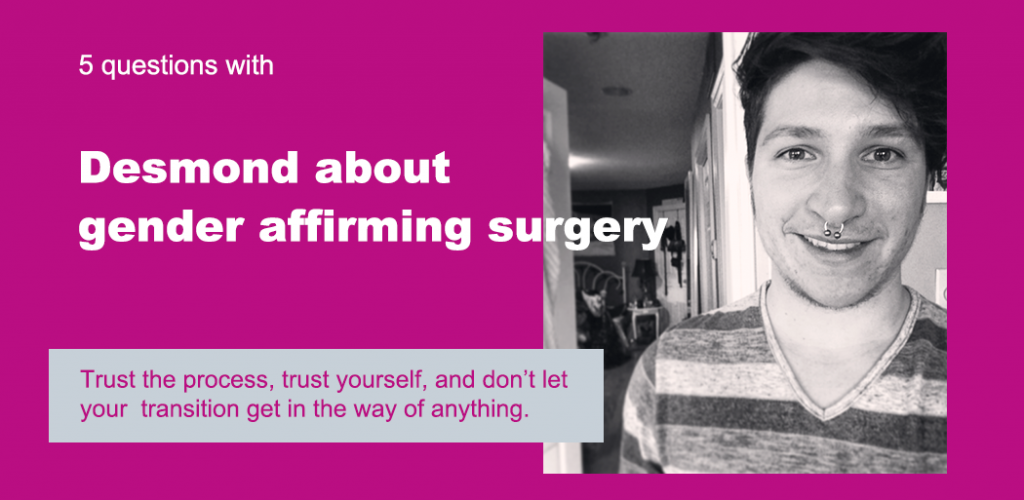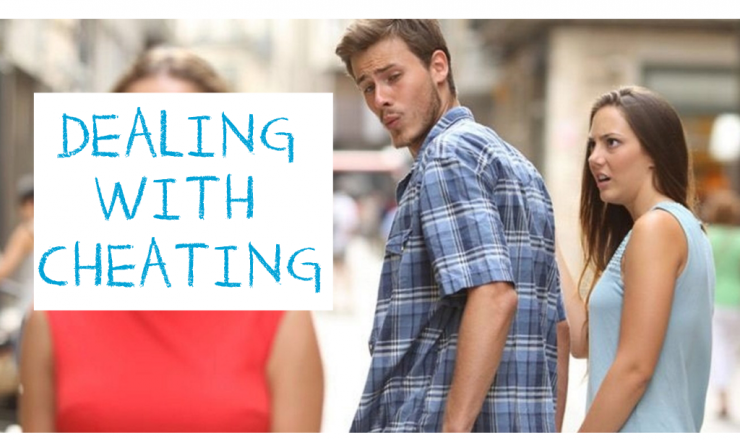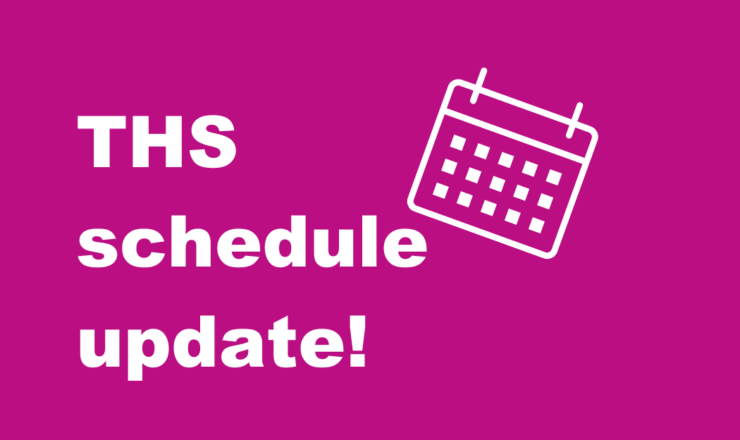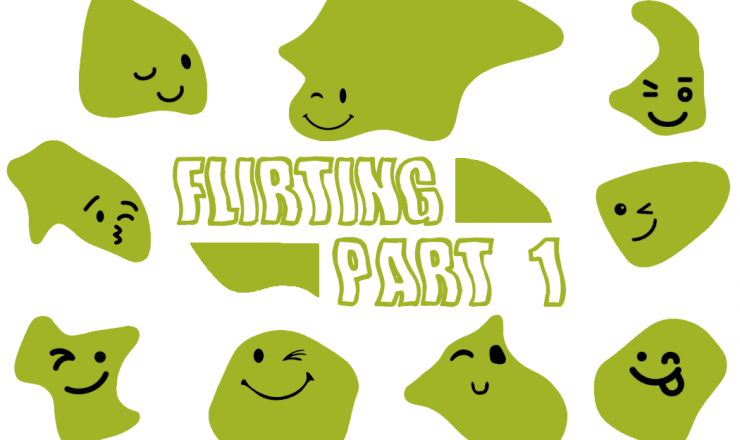

5 Questions is where Teen Health Source volunteers ask 5 questions to people about their unique perspectives on everything to do with sex and gender. In this installment we interview Desmond, a young trans man who recently decided to have surgery, which went really well (yay!!). We ask Desmond to provide some information and ideas to teens who think they may be trans or trans identified, and for the people who love and support them.
I feel like having a group of open and accepting friends made all the difference. It wasn’t until the end of high school that I started hanging out with other queer friends (and non-queer people who weren’t so judgmental) and it really helped me not to worry too much about what the other kids were thinking about me. I used to worry about that a lot, but then I realized that everyone else was worrying about it too, and that at the end of the day most people were more pre-occupied with themselves than anything I was doing.
One thing that I did find especially helpful in exploring my queer identity before I met these friends was going on the internet and talking to people my age about their queer experiences. I found a lot of comfort in knowing I wasn’t the only one that felt this way, and that people were accepting me for myself. It helped that they were complete strangers, because that way there was no risk of losing an already established relationship. It helped me to explore who I was a bit before presenting that person to friends and family in real life.
I often questioned society’s views of gender. What did it mean to be a girl? To be a boy? Why were adults telling me that I have to be more “like a girl”? More importantly, why did the things I was doing mean that I wasn’t enough of a girl?
In high school, I often questioned what my choices meant. If I want to date mostly women, is that why I had often felt more like a boy as a kid? Was I just confused about my gender because of that? I like dressing more masculine, but does that mean that I want to be a man?
I realized later in life that who I wanted to date and what I wanted to wear were completely separate issues from who I was as a person. Sure, how I dress can reflect who I am, but my wardrobe isn’t tied to my gender identity. Nor is my sexuality.
I received a lot of support from friends and family when I came out as trans. I am very fortunate to have a great group of people in my life. Anyone that wasn’t on board with what I was doing didn’t stay in my life much past me coming out. I made a new Facebook account and told people that they could add me if they wanted to, and if they didn’t support me or just wanted to gawk, then they shouldn’t. It really helped keep the negative feelings and opinions that people had about my transition away from me, and I’m really quite happy about that.
That being said, even people who are trying to be loving and supportive can be transphobic without meaning to. I have a lot of people ask really inappropriate questions, or say really hurtful things without realizing what they were doing. It happens a lot less now that I’ve been able to patiently explain why certain things are hurtful or oppressive, but it does still happen in my close circles from time to time.
I try my best to look at people’s intentions first, and if I’m able to without putting myself in a vulnerable position, I try to correct them and educate them as much as I can. It can be really draining having to educate friends and family about trans issues, so sometimes I let things slide or refer them to other resources. It’s definitely unrealistic to expect that one trans person holds all the answers about trans issues, or that they want to spend their lives correcting people. It can be very tiring.
Since I’ve only had top surgery (mastectomy and chest masculinisation), I’ll be referring to my experience with that.
I underwent a bit of counseling to help with my decision to start hormones, and we often spoke of my body dysphoria. For me, my chest was a really big source of my dysphoria, which often hinders my daily mental health. I had been wearing some form of chest binder for a couple years, and was starting to worry about the negative effects that was having on my body. I had a lot of back and shoulder pain from the tight elastic in the binder, and I often had a really hard time breathing in it as well. I realized that I wasn’t going to be able to wear a binder forever, and that going without one without surgery wasn’t an option for me. It was also really negatively affecting my intimate relationships, as I didn’t feel attractive or comfortable naked.
I did a lot of research online about what my surgical options were. There are a couple different procedures that are currently done, the two most common being Double Incision Mastectomy, and Peri-Areolar Mastectomy (or Keyhole). I had a double incision mastectomy based on the size of my chest and what I felt were my chosen surgeon’s strength. There is a great resource online at transbucket.com where trans folks post photos of their surgical results (and often a before photo for reference) and list their surgeon, as well as a short description of the experience.
I wish that people would just accept the fact that gender is and always has been a social construct. Trans folks do not have a mental illness, or a disorder. We are simply people trying to live our lives just as anyone else. Our gender expression and presentation, though important in the sense that it should be respected, doesn’t really mean much in the grander scheme of things, and really shouldn’t be seen as a threat or abnormal in any way.
I first would like to say: YAY YOU!!! Congratulations on making a really awesome step forward in self-discovery! It’s a really difficult step, but you’re doing it and I’m so happy for you.
My best form of advice would just be to listen to yourself, and trust the decisions that YOU are making for YOUR body and well-being. There will be voices of negativity, and people can be cruel, but there is a big shift in society’s perception of what it means to be trans, and at the end of the day all you need is a good group of people in your life to make things worthwhile. You have to love yourself before you can start trying to love others, so be true to you!
BE PATIENT. If you want it to happen, it will. It may not be happening at the pace you’d like, which I know can be frustrating (believe me, I’ve been there). You just have to keep your head up, and trust that you too will get where you need to be. It’s a good thing that it doesn’t all happen at once, because transitioning can be a lot to process at any speed. Take advantage of the time between what you’re dreaming of for yourself and when it is manifested in reality to adjust accordingly.
Most importantly: There’s more to life than your gender and your transition. It’s really easy to obsess over, and though we never really stop transitioning, you’ll reach a place where you feel comfortable. Trust the process, trust yourself, and don’t let your transition get in the way of anything. If you want to take a trip, or go to school, or go out for a night on the town, whatever it may be, don’t let your transition be a reason to shy away from doing the things you want to do. It’s hard, and it’s advice that I give despite the fact that I don’t always follow it. One thing I do know is that I’m fighting hard to transition because I want to live in the world as happily and comfortably as I possibly can, and that means going out and doing things I love even if I am occasionally faced with transphobia.
If you have questions about this topic, feel free to contact one of our peer educators. [Link]
Last Updated: August 2021

Cheating can be hard on a relationship. It’s normal for partners who have been cheated on to feel angry or lost. This post covers some things partners can consider when dealing with the complicated emotions or tough decisions that can come up in the aftermath.


In this series we’re going over how people might want to think about interacting with a crush. This post will cover ways we can understand and define flirting. Let’s go!